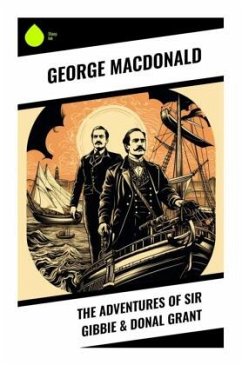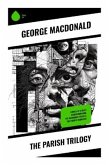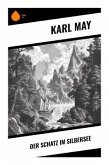In "The Adventures of Sir Gibbie & Donal Grant," George MacDonald weaves a rich tapestry of narrative that transcends mere storytelling, merging elements of fantasy and realism to explore profound themes of innocence, redemption, and the transformative power of love. The dual narratives of Sir Gibbie, a boy of exceptional grace and virtue, and Donal Grant, who grapples with moral dilemmas, are set against the rugged Scottish landscape, which serves as a canvas for their spiritual and personal quests. MacDonald's lyrical prose, marked by vivid imagery and deeply philosophical reflections, situates the novel in the Victorian literary context where moral idealism and character development were paramount. George MacDonald, a pioneer of the fantasy genre, infused his works with his own experiences of faith and imagination. Influenced by his nonconformist upbringing and his encounters with the struggles of the human spirit, MacDonald sought to illuminate the inherent divinity within individuals, a theme that resonates throughout this tale. His friendships with contemporaries like Lewis Carroll and his mentorship of prominent writers, including C.S. Lewis, further shaped his literary philosophy, encouraging a blend of whimsy and moral seriousness. "The Adventures of Sir Gibbie & Donal Grant" is a captivating read for anyone interested in exploring the intersections of morality, adventure, and the sublime. This vividly rendered narrative invites readers to reflect on their own journeys while enjoying a thoughtfully crafted story that remains relevant and inspiring. MacDonald's work is not just for the young at heart but resonates deeply with those who seek to understand the virtues that define the human experience.
Bitte wählen Sie Ihr Anliegen aus.
Rechnungen
Retourenschein anfordern
Bestellstatus
Storno








